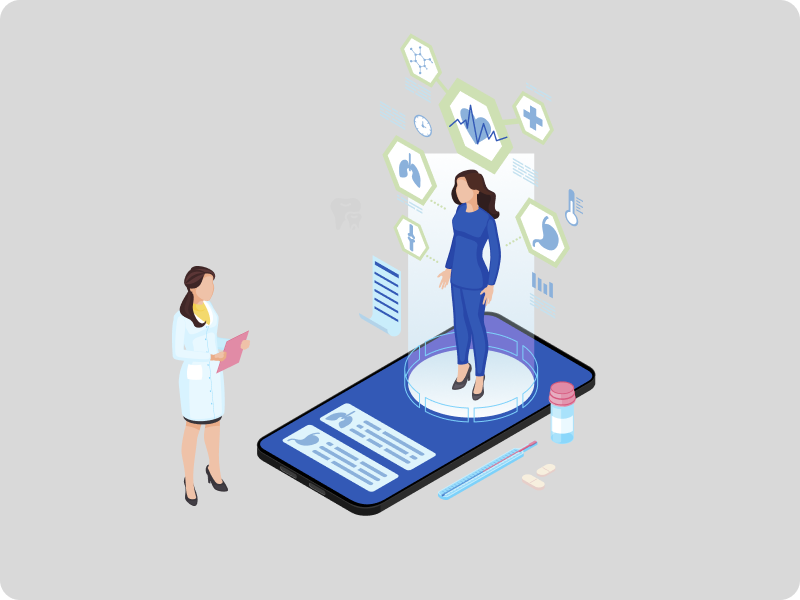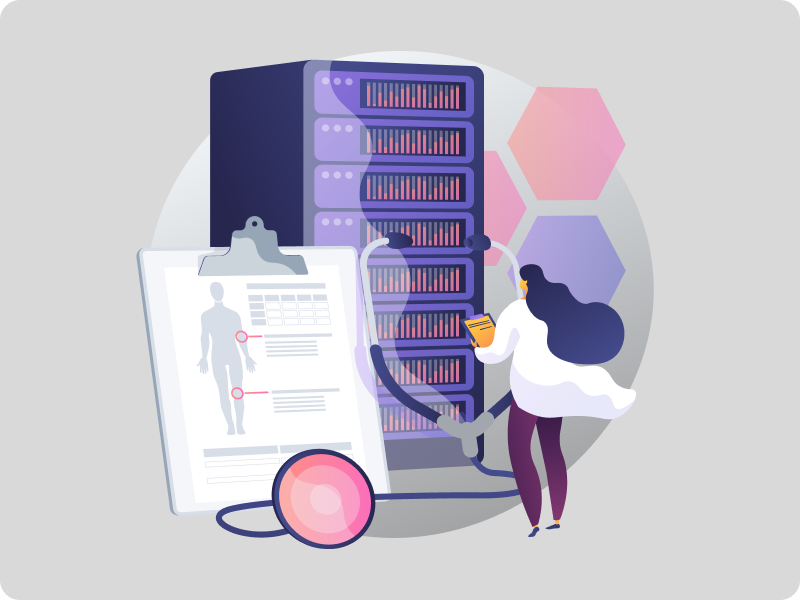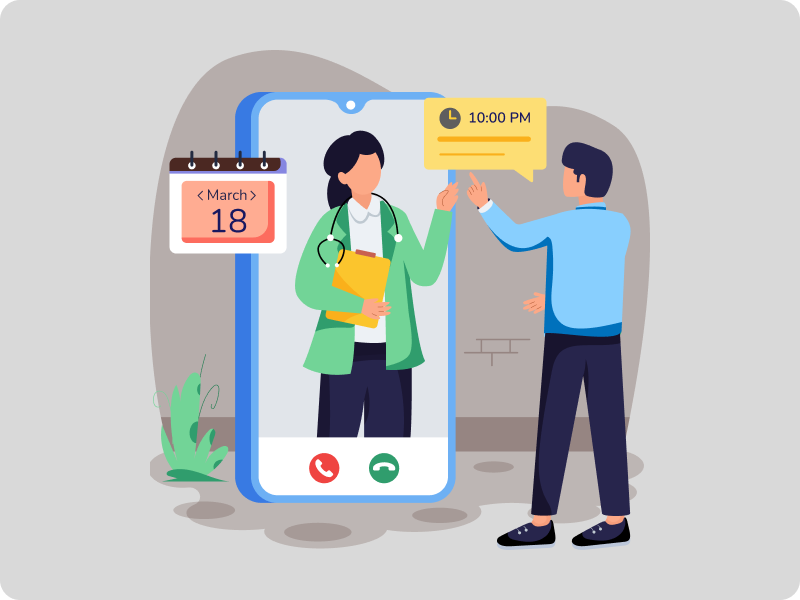Safeguarding Patient Data: The Role of Dedicated Databases and HIPAA Compliance
Introduction: Why Data Security is Critical in Healthcare
In today’s digital healthcare landscape, patient data protection is a top priority. With the rise of Electronic
Medical Records (EMRs), telehealth and remote patient monitoring, healthcare organizations handle vast amounts of
sensitive information. Ensuring HIPAA compliance and leveraging dedicated databases can prevent data breaches,
unauthorized access and legal penalties.
In this blog, we’ll explore the importance of dedicated databases, the role of HIPAA compliance and how healthcare
providers can safeguard patient data effectively.
Why Patient Data Security Matters
- Cyberattacks: Healthcare is a top target for ransomware and data breaches.
- Compliance Violations: Non-compliance with HIPAA, GDPR and HITRUST can result in hefty fines
and reputational damage.
- Patient Trust Issues: Data breaches erode patient trust, leading to lower engagement and retention.
Understanding HIPAA Compliance: The Gold Standard in Patient Data Protection
What is HIPAA Compliance?
The Health Insurance Portability and Accountability Act (HIPAA) sets strict guidelines to protect patient data privacy
and security in the U.S.
Key HIPAA Rules for Data Protection
- Privacy Rule: Protects patient information and defines access limitations.
- Security Rule: Requires administrative, physical and technical safeguards.
- Breach Notification Rule: Mandates immediate notification if a breach occurs.
The Role of Dedicated Databases in Healthcare Security
1. Why Use Dedicated Databases for Patient Data?
Unlike general-purpose databases, dedicated healthcare databases offer:
- Stronger encryption protocols.
- Faster access to medical records.
- Role-based access to prevent unauthorized data viewing.
2. Benefits of a Dedicated Database in Healthcare
- Improved Data Security: Encrypts and stores data in compliance with healthcare regulations.
- Better System Performance: Reduces downtime and speeds up access to critical information.
- Seamless Integration with EMR: Allows smooth data sharing while maintaining security.
Best Practices for Safeguarding Patient Data
1. Implement End-to-End Encryption
Ensure data encryption both in transit and at rest to protect against cyberattacks.
2. Use Role-Based Access Controls
Restrict access to sensitive patient data to only authorized personnel. This minimizes internal security risks.
3. Regular Security Audits & Compliance Checks
Conduct routine vulnerability scans and compliance checks to identify and fix security gaps before they
become threats.
4. Secure Cloud-Based Storage & Backups
Maintain automated, HIPAA-compliant cloud backups to prevent data loss due to cyber threats or system failures.
JGDHealth offers a fully secure cloud-based patient data management system.
Conclusion
With cyber threats on the rise, healthcare providers must adopt dedicated databases and HIPAA-compliant
security frameworks to safeguard patient information. A proactive approach to data security not only
ensures compliance but also builds patient trust and loyalty.




